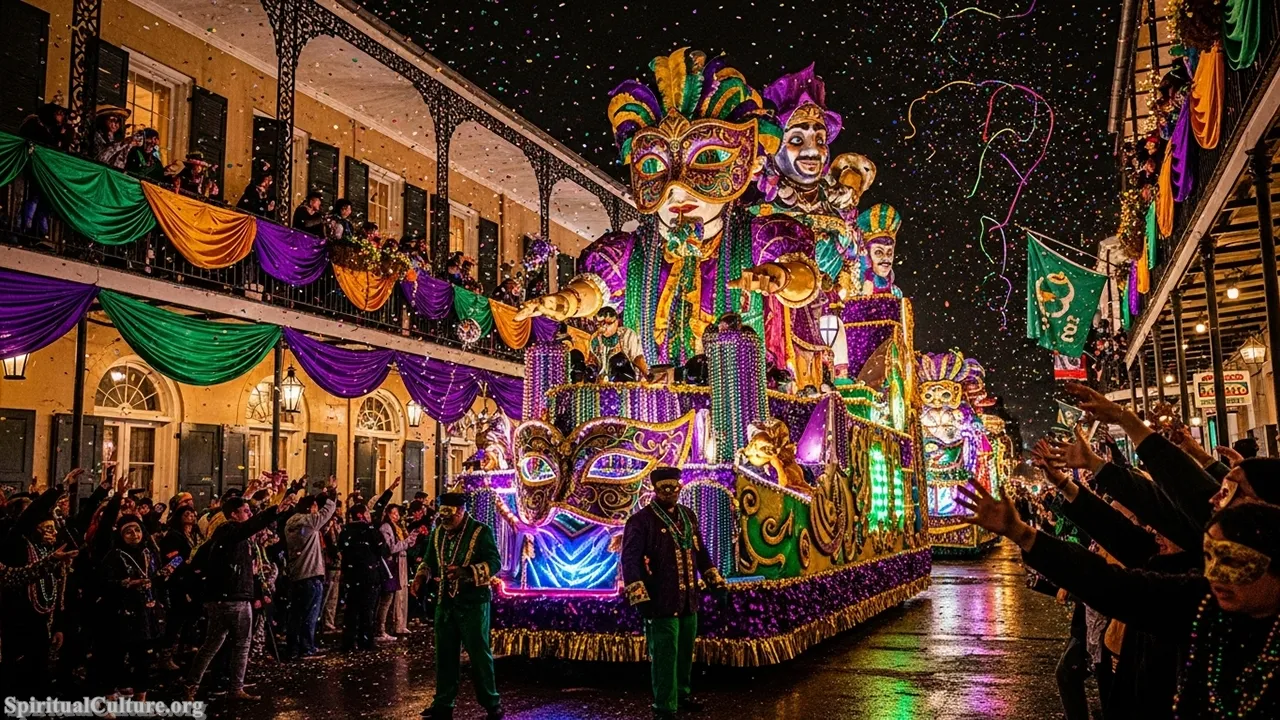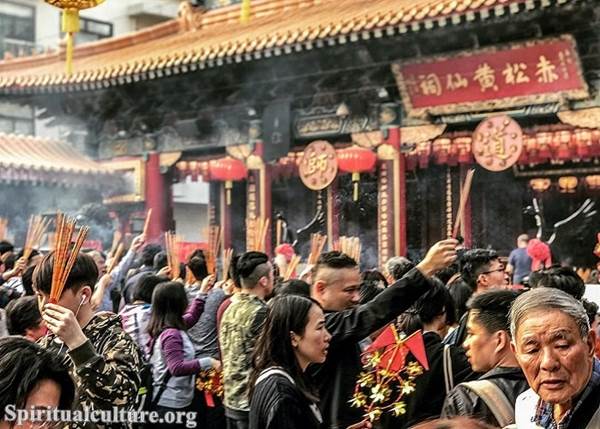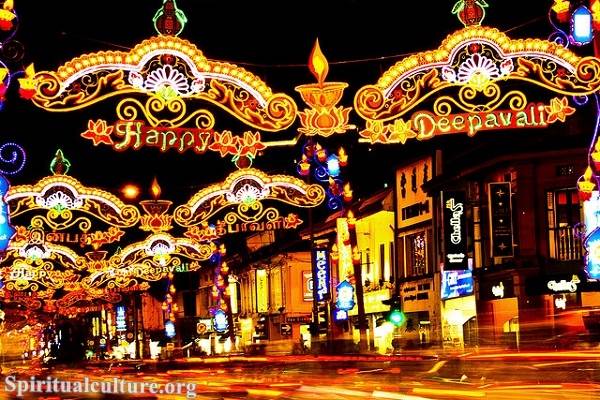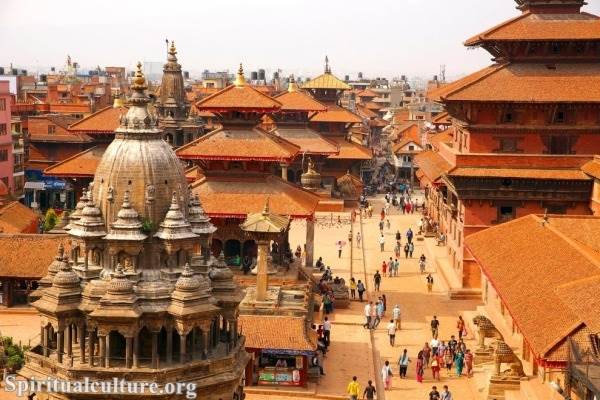The culture of Vietnam is a complex blend of influences from various periods, including the ancient Dong Son culture, Chinese occupation, French colonialism, and modern globalization. Each of these influences has left a unique mark on Vietnamese culture, forming a fascinating tapestry of traditions, beliefs, and practices.
Vietnamese Traditions
One of the first things you’ll notice about Vietnam’s culture is the importance of traditions. Many of these traditions revolve around family and respect for elders. In Vietnamese society, the family unit is paramount. It is common for multiple generations to live together under one roof, with the eldest male serving as the head of the family. Respect for elders is deeply ingrained in the culture of Vietnam, as they are seen as a source of wisdom and experience.
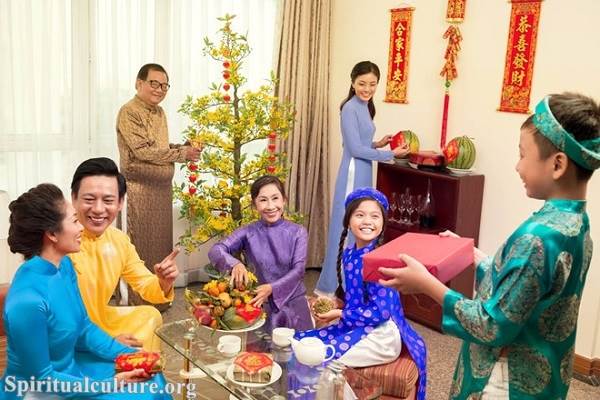
Another key element of Vietnamese culture is the importance of education. The Vietnamese place a high value on learning and intellectual growth, with Confucian ideals emphasizing moral development, respect for authority, and the importance of education still holding sway in modern Vietnam.
Vietnamese Food
Food plays a significant role in Vietnamese culture, with each region having its unique dishes and flavors. Vietnamese cuisine is known for its balance of five fundamental tastes: spicy, sour, sweet, salty, and bitter. The national dish, pho, is a noodle soup with meat and herbs. Other popular dishes include banh mi, a French-influenced sandwich, and bun cha, a dish of grilled pork and noodles. Food preparation and presentation are also an art form in Vietnam, with great care taken in selecting ingredients and arranging dishes.
Vietnamese Art
Art is a quintessential part of Vietnamese culture, often reflecting the country’s historical and societal changes. Traditional Vietnamese art includes pottery, silk painting, and lacquerware, while modern art movements have embraced abstract and impressionist styles. The country is also known for its traditional handicrafts, such as embroidery, bamboo weaving, and wood carving.
Vietnamese Music
Music is an integral part of the culture of Vietnam, with various forms reflecting the country’s diverse ethnic groups. Traditional Vietnamese music includes folk songs, court music, and ceremonial music. The country is also home to unique musical instruments, such as the monochord zither and bamboo xylophone. In recent years, Western music styles like pop, rock, and hip-hop have gained popularity, especially among the younger generation.
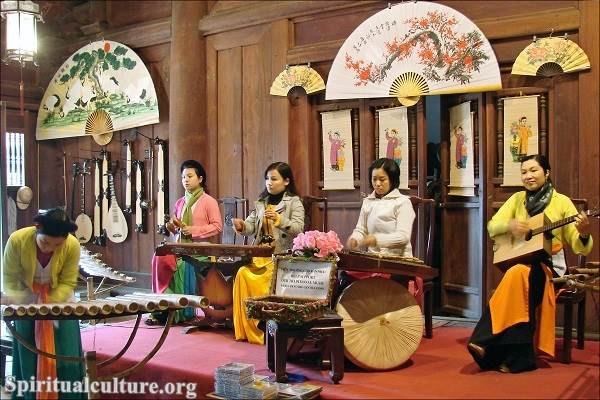
Vietnamese Religion
Religion in Vietnam is a mix of Buddhism, Confucianism, and Taoism, collectively known as the ‘Three Teachings’ or Tam Giao. While Buddhism is the most popular religion, Catholicism and Protestantism have also found a place due to French colonial influence. Ancestor worship is also prevalent in Vietnam, reflecting the importance of family and respect for elders.
Vietnamese Festivals
Festivals are a significant part of Vietnam culture, offering a glimpse into the country’s traditions and beliefs. The most important is Tet, the Vietnamese New Year, which occurs in late January or early February. Other notable festivals include the Mid-Autumn Festival, where children parade with lanterns, and the Hung Kings Temple Festival, which pays homage to the founders of the Vietnamese nation.
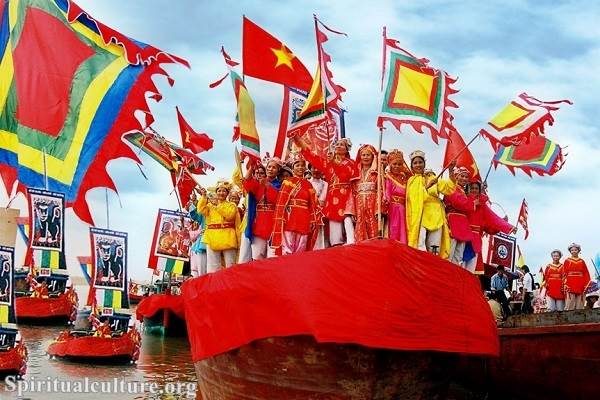
Vietnam’s Future
As Vietnam continues to develop and globalize, its culture is also evolving. While traditional aspects like family values, respect for elders, and love for traditional food remain strong, influences from the West and other Asian countries are also evident. Younger generations are increasingly exposed to international ideas and practices yet strive to maintain their cultural identity.
In conclusion, the culture of Vietnam is a dynamic and vibrant blend of ancient traditions and modern influences. With its rich history, diverse traditions, delicious food, beautiful art, soulful music, spiritual religion, and colorful festivals, it offers a unique cultural experience that leaves a lasting impression on locals and visitors alike. No matter how much it evolves, the culture of Vietnamese people will always remain rooted in their rich heritage and shared values.
